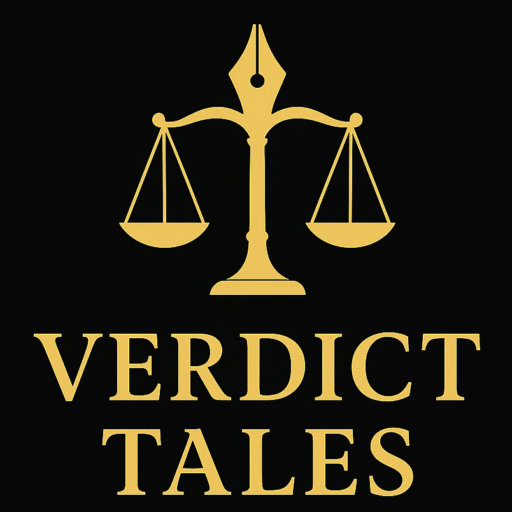Sui Northern Gas Pipelines Ltd
vs
Saif Textile Mills
Sui Northern Gas Pipelines Ltd v Saif Textile Mills redefined consumer court jurisdiction in Pakistan. Discover the legal influence and main judicial conclusions of the case.
The sound of machines at Saif Textile Mills Ltd. permeated the textile town of Gadoon Amazai. All was good until one day a gas meter silently sent everything into anarchy.
The problems started late 2009 when Sui Northern Gas Pipelines Ltd (SNGPL) fitted a new gas meter at Saif Textile’s plant. SNGPL observed anything unusual by January 2010: unusually low meter readings. Was it a technical error? Tipping? robbery? Still, SNGPL accused Saif of wasting gas and submitted a large bill—Rs. 11.68 million.
Saif disapproved. They refused to pay as they said the meter was broken. Following an 11-year legal path from the Consumer Court in Peshawar all the way to the Supreme Court of Pakistan, the case of Sui Northern Gas Pipelines Ltd v Saif Textile Mills will alter Pakistan’s perception of consumer court jurisdiction.
The Legal Conflict Starts Here
First challenging the large amount and seeking protection from gas disconnection, Saif Textile Mills first filed a writ in the Peshawar High Court. Seeing technical elements involved, the High Court moved the matter under the Khyber Pakhtunkhwa Consumer Protection Act, 1997 to the Consumer Court.
That is when things truly became convoluted.
The Consumer Court discounted Saif’s lawsuit in 2015.
The Consumer Court turned down a relook ordered by the High Court once more in 2016.
Saif sought another appeal. The High Court reversed past dismissals in 2017 and sided with Saif.
SNGPL brought it before the Supreme Court, with Rs. 11.68 million on balance.
Sui Northern Gas Pipelines Ltd v Saif Textile Mills: Ruling of the Supreme Court
Justices Mazhar Alam Khan Miankhel and Qazi Muhammad Amin Ahmed bench led on June 30, 2021 granted leave to appeal.
Important points in decision-making:
The 2017 ruling of the Peshawar High Court was shelved.
Given the large public monies at risk, a complete and fast appeal was mandated.
The Court acknowledged the complicated technical character of the conflict and suggested that initially it might not have belonged before the Consumer Court.
Which legal doctrines came into play?
Identifier for a “Consumer”?
The fundamental challenge was whether a sizable industrial facility, Saif Textile Mills, fit as a “consumer” under Section 2(c) of the Khyber Pakhtunkhwa customer Protection Act. Usually, this definition covers people or small companies buying items for personal use rather than for commercial use—not industrial operations.
Is SNGPL a “manufacturer”?
SNGPL said it merely supplied natural gas, so it was not a “manufacturer” under Section 2(j)—it was not a tangible good. That begged more questions about whether the Consumer Court was the right judicial venue.
Territorial Errors in Jurisdiction
The Supreme Court noted that consumer courts—which deal with simple conflicts like faulty goods or inadequate service—not complicated industrial concerns necessitating expert testimony, such gas meter readings and consumption audits.
Writing for the Supreme Court, Justice Qazi Muhammad Amin Ahmed compiled the main points of contention:
Jurisdictional Overreach: The High Court might have overreached by sending a difficult matter to a court meant for straightforward consumer grievances.
Public Interest: Rs. 11.68 million influences public revenue rather than only a business concern.
Misapplication of the Law: SNGPL’s issue was legitimate—the Consumer Protection Act may have been extended outside its intended use.
The Supreme Court guaranteed the matter would get a fair legal hearing by postponing the High Court’s decision, therefore starting to change the way consumer protection rules are understood for industrial enterprises.
Why Sui Northern Gas Pipelines Ltd. Matters Saif Textile Mills?
This is a tipping point not only another legal drama.
It reminds companies to review contracts and utility tools twice-through.
For utilities, it emphasizes the importance of technical data prior to rendering major charges.
It also reopens the argument for legislators and courts about the extent of consumer laws should cover.
Would like to peruse the Khyber Pakhtunkhwa Consumer Protection Act, 1997? Consult the official Pakistan Code for the whole legal body.
Important lessons from Sui Northern Gas Pipelines Ltd v Saif Textile Mills: Consumer courts are not equipped to manage technical or industrial conflicts.
For complicated problems, a writ petition or civil court could be more suited.
Courts exercise very great caution when public money is involved.
First question: Why was this case significant for Pakistani consumer law?
It made clear that under the law, not every buyer of products or services qualifies as a consumer—especially in big industrial setups.
Q2: From this, what lessons should companies pick up?
Knowing your legal forum will help you Not every conflict fits under consumer law, particularly in cases involving public utilities or technical evidence.




